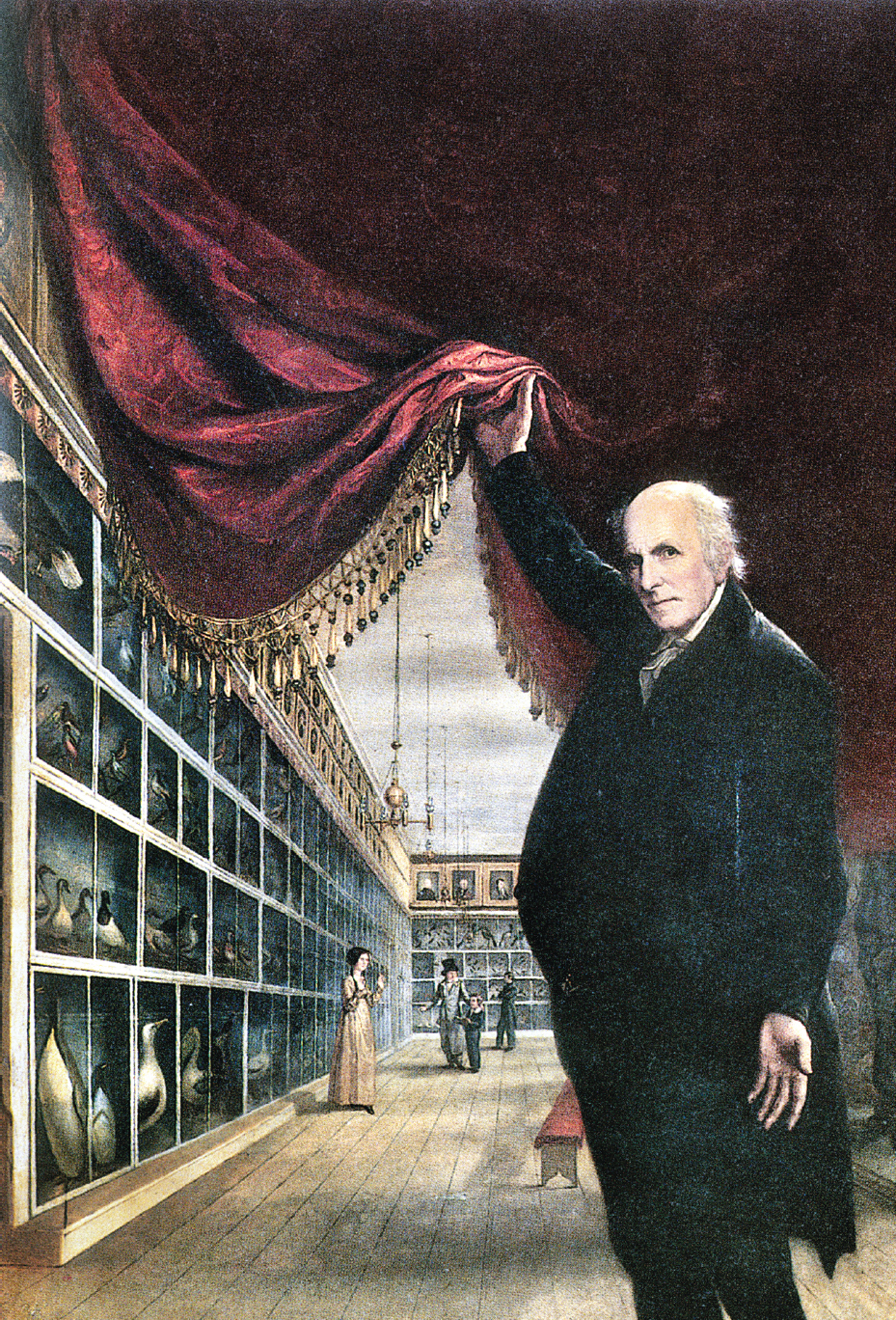A MATURING REPUBLIC
Printed Page 260
10
A MATURING REPUBLIC
1800–1824
After reading the chapter, use LearningCurve to retain what you’ve read.
> What were the most important political, social, cultural, and diplomatic changes in the early decades of the nineteenth century? Chapter 10 explores the changing political landscape of the nation from the election of Thomas Jefferson in 1800 to the election of John Quincy Adams in 1824. It examines the foreign and domestic challenges and opportunities that shaped American politics, as well as the shifting political culture that resulted in the expansion of voting rights for white men, the disfranchisement of most black men, and new educational opportunities for white women.

The Artist in His Museum, a self-portrait by American painter, inventor, and museum founder Charles Willson Peale, 1822. The Granger Collection, New York.
